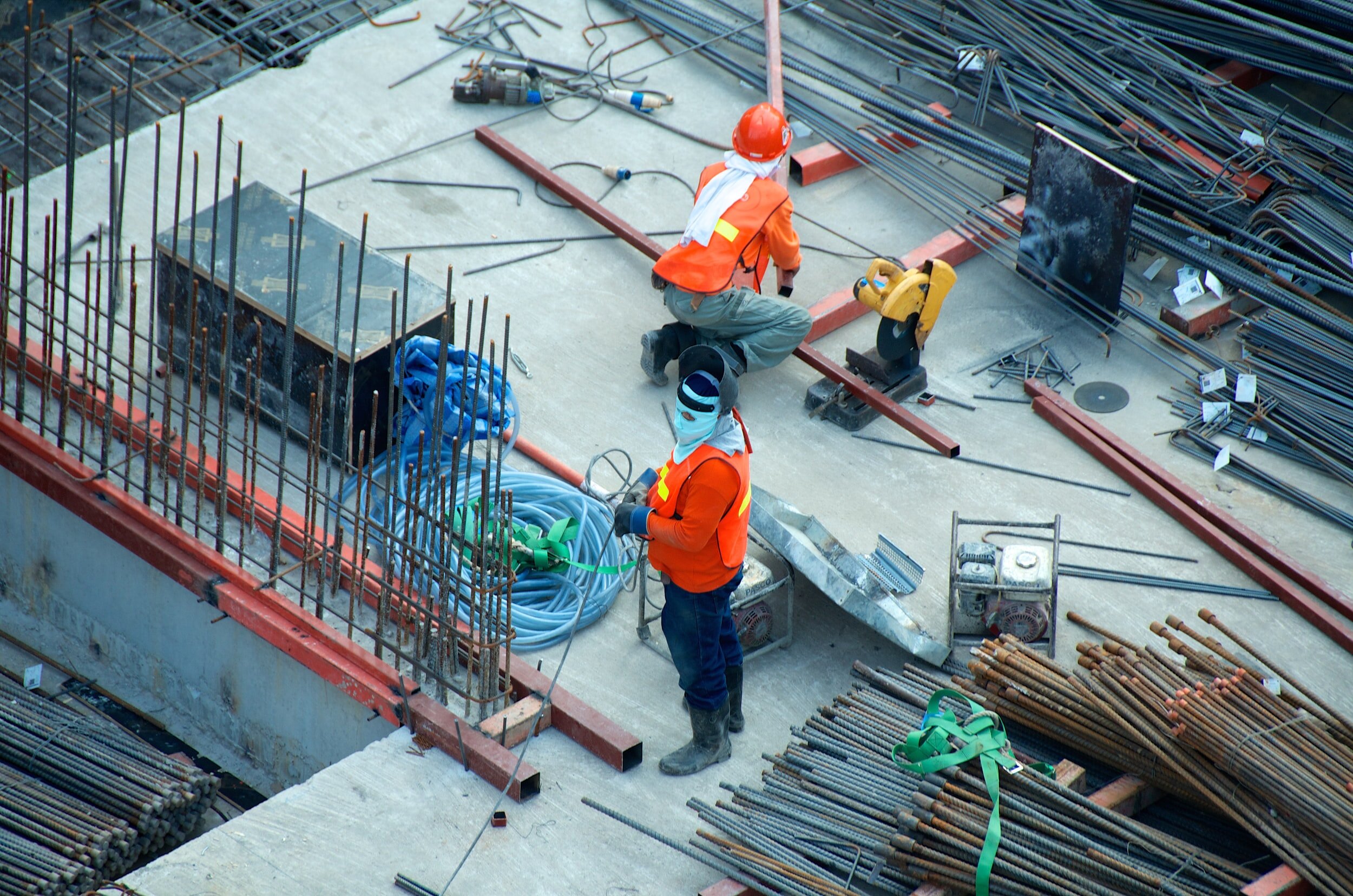Though the venues of the Rio Olympics may look great on camera, the behind the scenes issues that occurred left Olympic officials stunned. It seemed that Rio was behind schedule from the start, which may have fueled some of the job site conditions that resulted in 11 construction workers’ deaths over the course of the project. Even back in 2014, John D. Coates, the Vice President of the Olympic Committee told reporters that Brazil was not ready for the Olympics “in many, many ways” and also called their preparation worse than Athens, Greece in 2004. Brazil was also the host of the 2014 World Cup and 8 construction workers were killed on the job, including 2 that were killed by a collapsed crane at San Paulo Stadium. Zero deaths were reported during the building process for the 2012 London Olympics.
The Ministry of Labor and Employment recently released an audit of the job site conditions throughout the Olympics projects and infractions totaled in the thousands. In the inspections by the Ministry that took place from the beginning of construction in January of 2013 to July of 2016, about 1,675 infractions were found, according to Think Progress. Among the infractions were 630 counts of informally hired employees with no official record, lack of safety equipment, and many situations involving overworked employees. Many reported that not only were they not given the required 11 hours off between work shifts, but some were working 23 hour shifts or up to 25 straight days without paid time off. As many in the construction industry know, fatigue is a leading cause of construction injuries and fatalities. Work was stopped on job sites around 38 times due to infractions.
According to Globo.com, 3 workers were killed building the Metro Line 4, 2 were killed surrounding the Olympic park, and 1 worker was killed at each of the following locations: Museum of Tomorrow, High of Joah, Transolimpica, New Subida de Serra, superhighway, and the Museum of Image and Sound. Causes of deaths included being crushed by a truck, being whipped by a compressive air hose, a death by burial, and several deaths by electrical shock.
It’s a sobering reminder that being unprepared for a large construction projects can have devastating results. Proper planning, preparation, and work force must be in place to conduct a safe and productive job site. Hopefully, the Olympic committee recognizes the immense responsibility of properly vetting countries’ preparedness before awarding them the next Olympic site. One job site death is one too many.











In the midst of fierce discourse over the bipartisan infrastructure bill lies a unique opportunity for the United States.